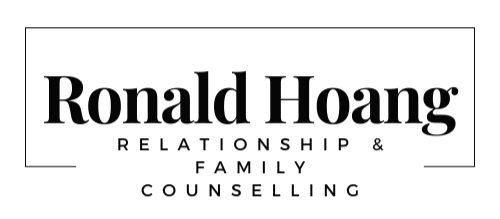Do Age Gap Relationships Work? According to a Relationship Therapist
How much of an age gap is acceptable? Is 5, 10, 15 years too much? Do age gap relationships work? Does age matter?
People perceive the age gap as an imbalance of power that leaves the younger partner vulnerable to being taken advantage of, perhaps being coerced, exploited or abused. There's concern around how they manage the power dynamic, their financials, their emotional maturity. But these are concerns in all relationships, and are not unique to relationships with age gaps.
Relationships with age gaps are no different to any other relationship. These relationships have the same problems as relationships with little or no gap. The concern comes from our perception and stigma associated with the age gap - and part of the challenge for age gap relationships is confronting this judgment from outsiders.
The success of any relationship depends on the extent to which couples are able to resolve conflict in constructive ways, ability to navigate their differences, to build trust and commitment, on their ability to be accessible, responsive and engaged, how they are able to support one another and work as a team - all of which have little to do with age.
The only relationship with age gaps that we should be concerning ourselves with is where the younger partner is under legal age (typically around 18 years). Not only is the concern around consent, but its about that young persons development. Under the legal age we are still developing physically, emotionally and psychologically, we are actually at a vulnerable and more impressionable age, and that is why a legal age exists.
There is a frontal lobe theory argument to age gap relationships. Neuroscience suggests that our prefrontal cortex is not fully developed until 25 years old. The prefrontal cortex is the rational part of our brain responsible for critical thinking, risk assessment, decision making, therefore, individuals who aren't fully developed (under 25 years old) can be more impressionable. This can impact one's judgment as they use more of their emotional brain to perceive the world, hence they can be more vulnerable to manipulation or coercion.
The frontal lobe theory has some merit, I've even heard recent research suggesting the average age of emotional maturity being closer to 30. What we know about the brain is still unfolding, it's important to know that neuroscience is a relatively new field that is rapidly growing. The development of the brain is part of the reason why legal age is relevant.
And then there are age gap gender differences. That older men dating younger women must be manipulating or exploiting them, or a younger male must be "lucky" to get with an older women. These are stereotypes perpetuated by the media. Its important not to jump to conclusions and paint every relationship with the same brush. If I were working with a couple, I would be looking for patterns within the relationship that suggest power imbalance, rather than just calculating the age gap.
There’s an idea that younger women dating older men are subject to "daddy issues". This comes from psychodynamic theory, that we are attracted to our "unfinished business" that we have with our primary caretaker - that we subconsciously seek out our missing childhood experiences as a way to heal the suffering endured as a child. Whilst I don't like the label, based on my experience working with clients there is an undeniable link between the relationships we had with our parents growing up and our relationship with our intimate partner. But this is not exclusive to younger women dating older men, it’s relevant to all forms of intimate relationships.
I don't think there is an acceptable or non-acceptable age range. But partners should be weary of how the age difference might be playing out in their relationship - consciously or unconsciously. The age gap becomes a relationship problem when it interferes in the relationship. For instance, one partner being treated differently because one is older than the other, or one partner is being prioritised over the other, or ones opinion and needs are more important whilst the others are suppressed because of the age difference. There should be no hierarchy in a relationship, just because one partner is older does not make them superior. In a healthy relationship, neither partner should feel lesser than the other. After all, age is just a number.

